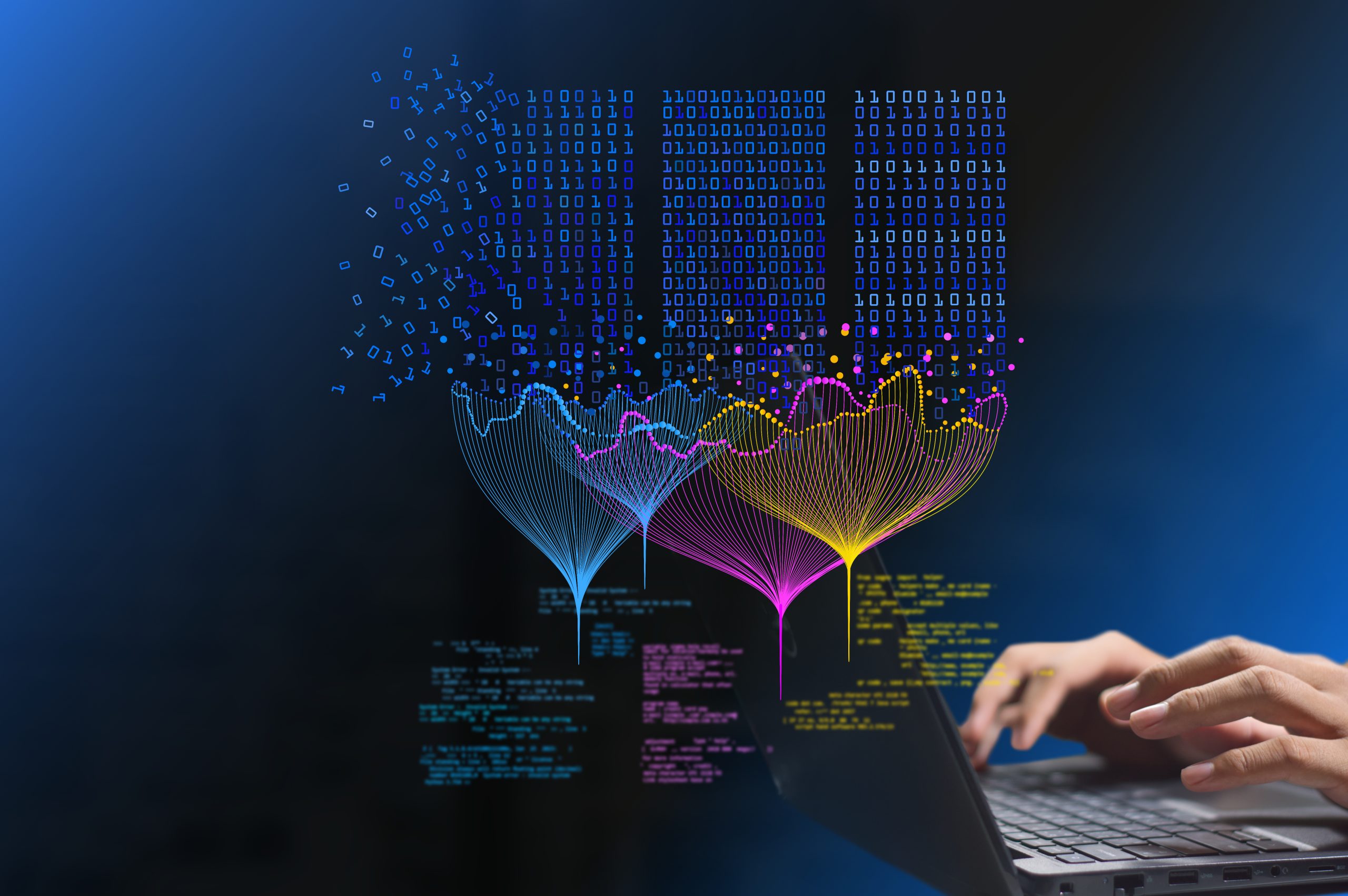
In the ever-changing world of education, technology is driving incredible changes. Learning analytics helps schools from K-12 through higher education understand and improve the learning experience through data. In this blog post, we’ll break down what learning analytics is in the simplest terms, discuss why it’s important, how it can help measure student performance, and why it matters.
What is Learning Analytics?
Learning analytics is about collecting and analyzing data on students and their learning environments. This data usually encompasses an institution’s academic technology, including Learning Management System (LMS) and Student Information System (SIS). An LMS or VLE (Virtual Learning Environment) manages and delivers course content and learning materials and records interactions within the LMS. SIS data includes student demographic information along with course registrations, assessments and scores, academic transcripts, financial data, and attendance.
The goal is to utilize this type of data to understand how students learn and to create better learning experiences.
What is a Learning Analytics Platform
A learning analytics platform (LAP) takes the activity that is recorded in an LMS and adds a layer of business intelligence (BI) built specifically for learning & development
environments. A learning analytics platform doesn’t deliver curriculum or track student interaction; it enriches your LMS data, providing the reporting needed for in-depth analysis to inspire data-driven action. Data from various academic technologies are often siloed, making it difficult to combine information for more in-depth analysis. IntelliBoard can aggregate LMS, SIS, Attendance, and Collaboration system, i.e. Zoom, information into one holistic view for maximum insights.
Why is Learning Analytics Important?
Helping Students Succeed
In the long run, the goal of learning analytics and a learning analytics platform is to help students succeed. By looking at data, teachers and administrators can first and foremost spot at-risk students who might be struggling and provide the support they need in a timely manner. For example, if a formerly strong student’s grades begin slipping, a LAP can alert educators so they can address the issue promptly. In another example, educators can use predictive models based on historical data to foresee potential at-risk learners and allow for early intervention solutions.
Personalizing Learning
Every student learns differently, and learning analytics can help tailor education to fit individual needs. By examining each student’s performance data, schools can create personalized learning plans that focus on their strengths and address their weaknesses. This approach keeps students engaged and helps them achieve better results.
Improving Teaching Methods
Educators can use learning analytics to refine their teaching strategies. By understanding which methods work best for their students, they can adjust their courses/lessons to be more effective. For instance, if interactive activities are shown to boost engagement and retention, educators can incorporate more of these into their classes.
Measuring Student Performance and Outcomes
Learning analytics offers a deeper look at student performance beyond just grades. Here are some ways institutions that utilize a learning analytics platform benefit:
- Real-Time Feedback – Quick insight into actual engagement and performance means educators can provide immediate feedback to students on their work. This helps them understand what they’re doing well and where they need to improve, encouraging them to take an active role in their learning.
- Predicting Future Performance – Analyzing past data can predict how students are likely to perform in the future. Educators can then approach at-risk students with any additional support they might need, improving overall success and retention rates.
- Holistic Assessment – A learning analytics platform enables institutions to assess more than just grades; it looks at participation, collaboration, and critical thinking. This gives a fuller picture of a student’s abilities and helps ensure that all aspects of their learning are considered.
Why Learning Analytics Matters
Making Better Decisions
Data in context is key to making good decisions. Learning analytics provides educators with valuable insights that can lead to more effective teaching strategies and policies. For example, if an entire class fails an exam, one might automatically blame the teacher. But if the data shows that the wrong exam questions were served to the students, that changes the context. This data-driven approach ensures that decisions are based on evidence, leading to better outcomes for students.
Continuous Improvement
Reliable, operationalized learning analytics helps schools continuously improve. By regularly examining data, they can identify trends, evaluate the effectiveness of interventions, and make necessary adjustments. This ongoing process ensures that the quality of education keeps getting better.
Promoting Equity
Educational disparities are a big challenge, but learning analytics can help by identifying underserved or underperforming groups. Schools can then tailor their support to these groups, promoting fairness and inclusivity.
Improving Retention Rates
It’s well documented that the higher the student engagement, the higher the graduation rates. Since it costs more to obtain a new student than to retain a student already enrolled, it’s fiscally responsible to guarantee higher retention rates through better outcomes.
Conclusion
Incorporating learning analytics into education isn’t just a trend; it’s a strategic move for schools looking to provide high-quality, personalized education. By leveraging the insights available through a learning analytics platform, institutions can build a better future for all students, ensuring that everyone has the chance to succeed.
Want to learn more? Download our eBook on Using Data to Optimize Learning and Student Outcomes

Elizabeth Dalton measures and improves educational tools, processes, and results by using her experience in instruction and assessment design, development, documentation, and delivery, combined with her knowledge and expertise in technology and statistical methods.
Resources
Explore Learning Analytics Insights
Preparing for the New Pell-Funded Workforce Development Era: How IntelliBoard Supports Compliance and Accountability
With the passage of the Bipartisan Workforce Pell Act, institutions across the country are preparing for a new era of federally funded, short-term workfor [...]
E-learning Is Here to Stay: What That Means For You
E-learning can open doors for all learners, but the belief it's “just like an in-person class only on Zoom” is bound to fail.
Competency Based Education
See how institutions can use competency-based education to better evaluate learning efforts with the help of IntelliBoard.




